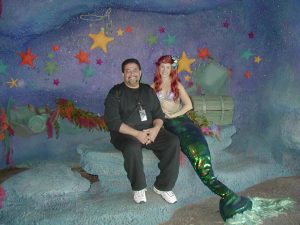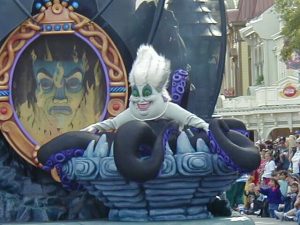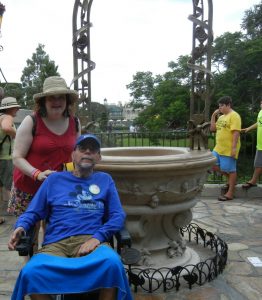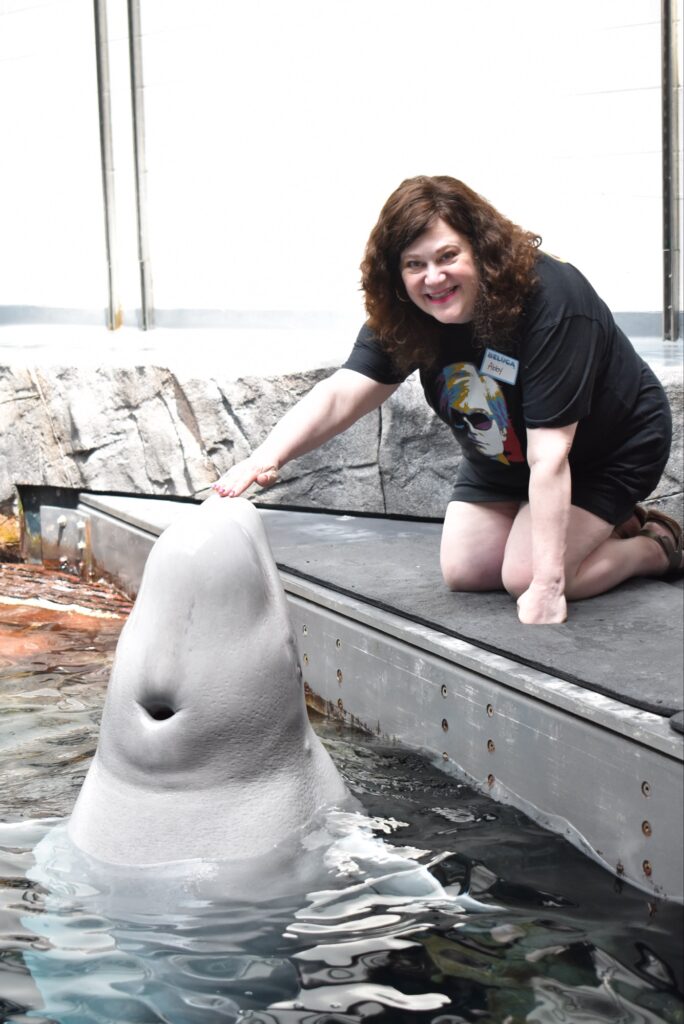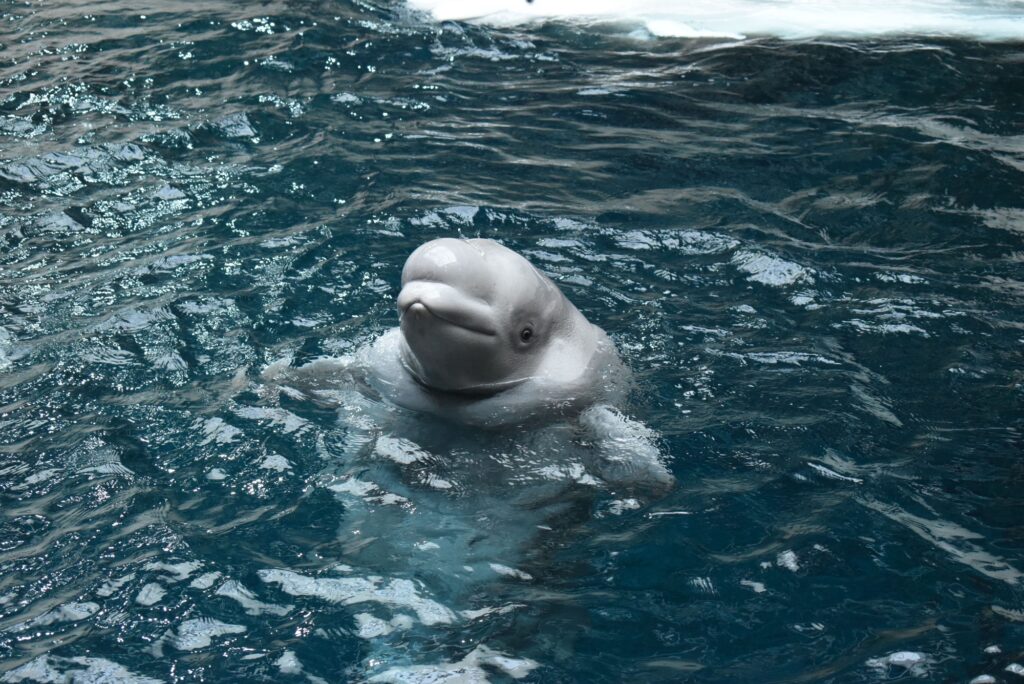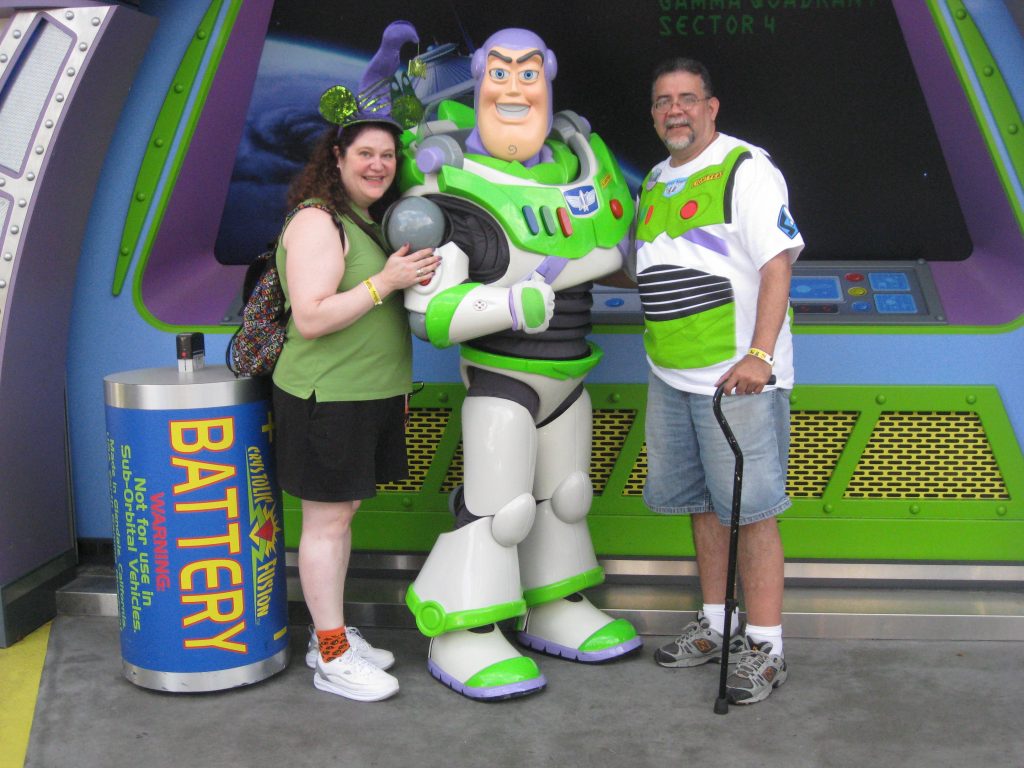Lady And The Tramp and The Hunchback of Notre Dame- Lessons on Cherishing Memories and Living Life

Today is the 70th anniversary of the release of Disney’s Lady and the Tramp. It was always a favorite of Ben’s and mine. We actually loved to sing the “Siamese Cat Song” which, I know is now understandably considered politically incorrect but which still holds fun memories because of the cats and their mischief; in fact, I used to sing it to my first cat, Tiffany (but she preferred “Born Free,” to which she actually meowed along!)

A poignant quote came from Tramp to Lady, when he told her, “Aw, come on, kid. Start building some memories.” I am always drawn to quotes about memories. Just last week I wrote about my memories about my Aunt Eleanor. Memories played such an important part of our lives when Ben was fighting his battle against ALS. They became increasingly significant to Ben, particularly as he became more homebound. He loved to look at our photos and videos from Walt Disney World and to listen to the theme park music soundtracks. We could do that for hours. It was my motivation for designing the photo calendars, throw, shower curtain and towel (click here to read more about them)– Ben was surrounded by our photos everywhere in our home. It’s nearly three years since he’s left and I remain surrounded by those things. They are a comfort for the memories the photos hold and for my memory of the happiness that I gave to Ben with those gifts.
Restaurant- The Lady and the Tramp-themed restaurant at Walt DisneyWorld. The
Lady and the Tramp drawings were done with caramel- pretty fabulous!
We were so fortunate to be able to visit Walt Disney World four times after Ben’s ALS diagnosis. Each time, we tried to recreate our favorite memories, attending our favorite shows and visiting our favorite attractions. We did, at times, lament the attractions that Ben could no longer ride. But, we laughed that we could take the “It’s a Small World” boat repeatedly because there was never a long line and we got a boat to ourselves. Ben’s attitude was amazing. He focused on what he COULD do and, thanks to the amazing Disney cast members, we could do almost everything.
Recreating memories was, however, a tricky endeavor. Given Ben’s physical changes, it had the potential to be incredibly fun or incredibly sad. However, we were so grateful to be able to return to a place that was so important and filled with joyful memories. At Walt Disney World, we were distracted by the excitement and caught up in the fantasy. Ben loved and frequently commented about that. Once home, when Ben looked at photos, he scrutinized how he looked and how his abilities had diminished from visit to visit. For me, looking at photos is sometimes filled with splitting my world into pre-ALS and post-ALS distinctions and observations. Still, more than the physical changes, I see the joy on his face.
Our final visit to Walt Disney World in 2014 was uniquely memorable, not only because we were not sure that we would ever get there again, but also because it was filled with the creation of new memories. Frankly, I was worried that Ben would be disheartened at not being able to do a lot of the things that we used to do. Also, he could not eat many foods, so going to the restaurants that we always loved might have been an upsetting experience. So, I organized several surprises- new and different events that gave us the opportunity to create new memories. My plan was a resounding success, which makes me so proud and grateful. I wrote about our visit in a prior post, which you can see by clicking here.
pre-ALS days. We didn’t kiss over spaghetti, but we did kiss Eeyore!
Ben and I had 16 years and a dozen visits to Walt Disney World, all filled with wonderful memories. When I was the caregiver of my dad and Ben, those memories sustained me and took me from one Walt Disney World visit to the hope of another, and I lived vicariously through my friends, reading about their adventures on Facebook and occasionally, and proudly, posting photos of Ben and me at Walt Disney World or out in our neighborhood when he was still able to ride his scooter. Our friends did like to see him out in the world. I immersed myself in those memories for a long time after Ben died. I know that some people have thought that this blog is a way that I stay hidden in those memories and in the past, but the perspective I gain and thoughts shared with other caregivers in this writing process lead me forward. It is also my hope that they offer tools and perspective to other caregivers.
Coincidentally, as I reflect on the importance of my memories, I realize that today is also the 29th anniversary of the release of Disney’s The Hunchback of Notre Dame. I think about what the gargoyle, Laverne, told Quasimodo: “Life is not a spectator sport. If watching is all you’re gonna do, you’re gonna watch your life go by without ya’.” This quote holds an important message for me. I think that one of the most difficult things for me after I lost my dad and Ben was when people told me it was time for me or time to take care of myself. For one thing, I don’t really like to put the spotlight on myself. It was particularly difficult to go out and be distracted and even feel somewhat happy, just to return to an empty apartment and reminded of the loss and alone-ness, as well as guilt for even trying to enjoy myself. I preferred to put my energy into helping Ben relive and create new memories and, after he left this world, I took pride and comfort in thinking about those memories. The truth is that I will always love to visit with my memories of Ben, the good and bad times. But, I learned that my memories don’t have to end there. I now delve into new adventures that become a part of my treasure trove of beautiful memories. I do not have to live vicariously through other people.
1996 Walt Disney Pictures
A sadness looms over my summers because they represent the most difficult times in Ben’s battle, and ultimately when he succumbed to ALS. However, I proactively make plans to do things I love: travel to see my friends, take part in some animal adventures, do some volunteer work, and continue to work on my blog and manuscripts while formulating new ways to reach out to caregivers.
Although sometimes I do prefer to be a spectator in life and to get caught in fantasies of what I think I would like my life to look like, I don’t want my life to go by without me. It helps me to find peace in the knowledge that Ben’s spirit will always accompany me as I follow my life’s paths, make some dreams come true and make new memories.
with wonderful memories and new events that will bring new memories. where Ben
will be present in my heart
#ALS #Grief #LadyandtheTramp #Disney #Memories




